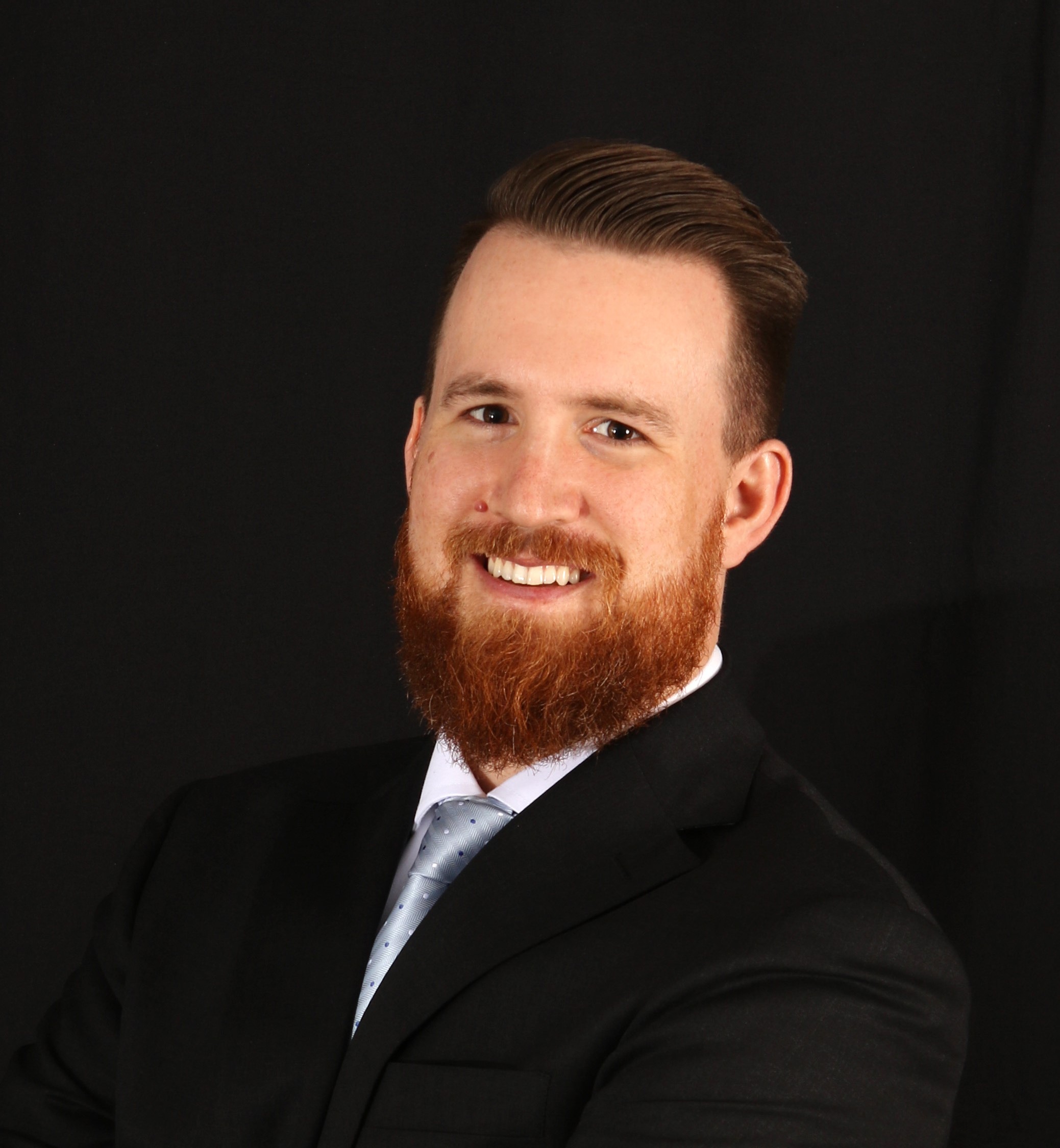 “Do I have enough?” This is a question we hear all the time during our meetings with clients and prospective clients. While this question is often asked about retirement, we have heard it posed about countless other objectives clients are dreaming of and working towards:
“Do I have enough?” This is a question we hear all the time during our meetings with clients and prospective clients. While this question is often asked about retirement, we have heard it posed about countless other objectives clients are dreaming of and working towards:
Do I have enough to send my kids to college?
Do I have enough to buy an RV and take our family across country?
Do I have enough to give more to my favorite charity?
Although the question may be different, the answer from a financial planning standpoint is always the same—it depends on what you mean by "enough."
What if I asked you, "Do you have enough gas in your car?" or "Do you have enough milk in your refrigerator?" Your response would probably be, "Enough for what?" What's missing from those questions is an end goal! You may have plenty of gas to make it from your home to your office, but you might run dry trying to drive from your home to Disney World. Your milk jug may be able to handle your morning coffee, but it might not meet the needs for the whole weekend.
As you can see, “enough” in our daily life is relative to whatever we’re trying to accomplish.
It works the same in financial planning. Do you have enough? Let’s first work on what you want to accomplish, then we can determine whether you have enough to do whatever it is that you're planning for the future.

As part of our Five Minute Finances series Drew Creekmur, MSPFP recorded a video on the topic of "Setting Effective Goals." In it he mentioned research done by Edwin Locke1 and his team in which they developed a framework for setting goals. I encourage you to watch this video to learn more about how to set goals that you can actually achieve.
Today I want to stick to WHY we need to set goals. One of the best reasons is the impact goals have on our success rate— the Locke study found that subjects with challenging goals to work towards were 90% more likely to succeed.1 Financially speaking, goals help us answer that elusive question of “Do I have enough?”
Each of you can retire tomorrow if that is your desire. Wait, what? It’s true! It’s just that based on your personal circumstances you may have to come to grips with eating Ramen noodles every meal and traveling from one friend’s couch to another. On the other hand, if that is not the lifestyle you envisioned for your retirement it now becomes imperative to set your own unique goals.
An effective goal will articulate what you want to do, when you want to do it, and how much it will cost.
For example, “I could live the lifestyle I desire to live if I could retire at age 62 and was able to spend $6,000 per month.” Once you are able to verbalize your goals the real work begins, and we can put together a plan of concrete action items to get you from where you are to where you want to be—enough.
Not only can setting goals help us determine when a client has enough to meet that goal—it can also help us determine when someone has too much. It may be hard to fathom, but it IS possible to have too much money for a specific goal. Take college funding for example. If your goal is to provide your child with the funds necessary to secure an undergraduate degree, would we want to save $100,000 for that goal if it will only cost $50,000? Of course not! Especially considering there are sometimes penalties associated with over-saving, we always need to be cognizant of the possibility that we have saved too much for a certain goal.
After a unique year in 2020 we were all reminded life can be messy. Our hopes and dreams for the future may not line up in chronological order. By setting goals we can not only increase our chances of reaching those goals, but also organize our efforts more effectively so that we can clearly see which of our goals have enough, and which need more work.
At Creekmur Wealth our goal is working with our clients to create a financial plan that allows them to reach their goals. If you have new or changing goals, give us a call to get started today.
Here’s to all of your amazing goals!
Regards,
Andy
Andy Anderson, CFP®


